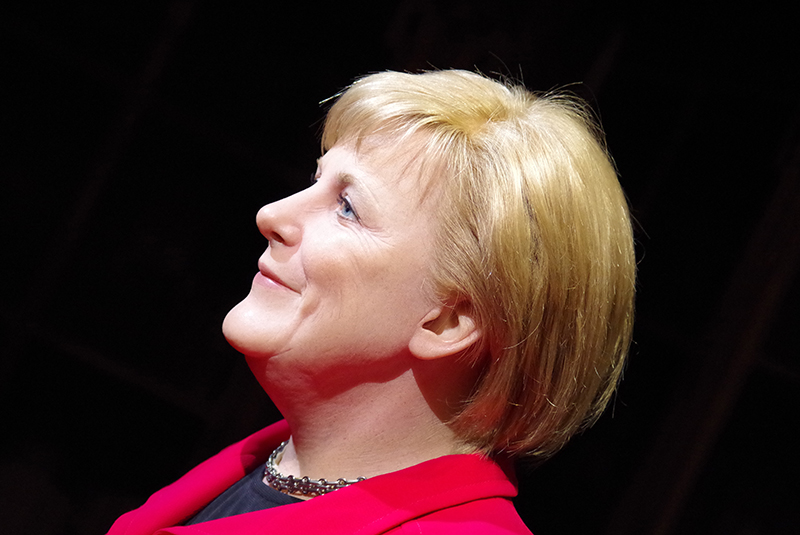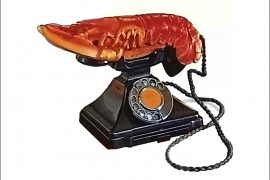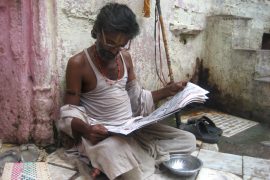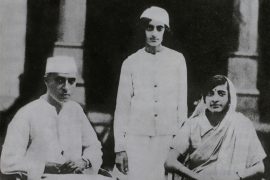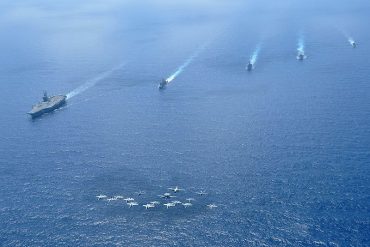By cursory analysis, the longer you hold power over your state the more likely you are to win the Jawaharlal Nehru Award for International Understanding. Former recipients include Robert Mugabe of Zimbabwe (37 years in power), Hosni Mubarak of Egypt (29 years), Helmut Kohl of Germany (16 years) and most recently, Angela Merkel, also of Germany (12 years…and potentially four more).
Political longevity is key to understanding the fast-changing fortunes of political office in India. When Angela Merkel came to power in 2005, Manmohan Singh was beginning his first term as India’s prime minister, running a ‘dream team‘ of financial reformists. When she returned to office again in 2009, Singh had won again, becoming the first prime minister since Nehru to return for a second term. Then, Singh and Merkel were both seen as world leaders who pulled their countries through the international financial crisis.
In 2013, when Merkel won by a landslide for the third time, Singh and his party were on their way out. Merkel picked up another award from India – this time, the Indira Gandhi Peace Prize. In 2014, Narendra Modi came to power – and is the face of the administration Merkel will have to deal with if she returns to power in 2017.
Of course, three years have passed and Modi and Merkel are familiar with each other. Germany is India’s largest trading partner in the European Union – and the EU is India’s largest trading partner overall. But there is a slight awkwardness in the relationship – best explained in terms of two faux-pas between the leaders.
Copyright©Madras Courier, All Rights Reserved. You may share using our article tools. Please don't cut articles from madrascourier.com and redistribute by email, post to the web, mobile phone or social media.Please send in your feed back and comments to [email protected]

